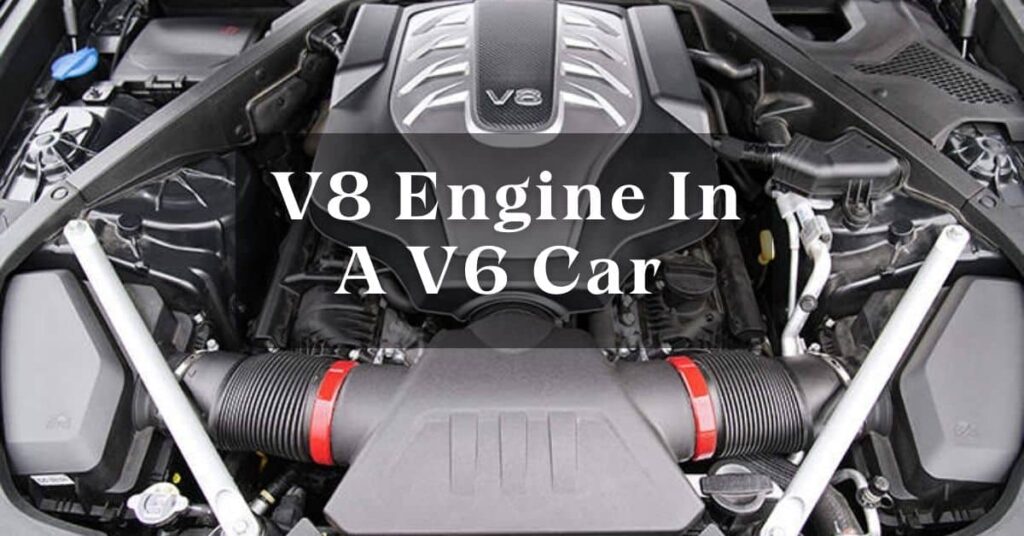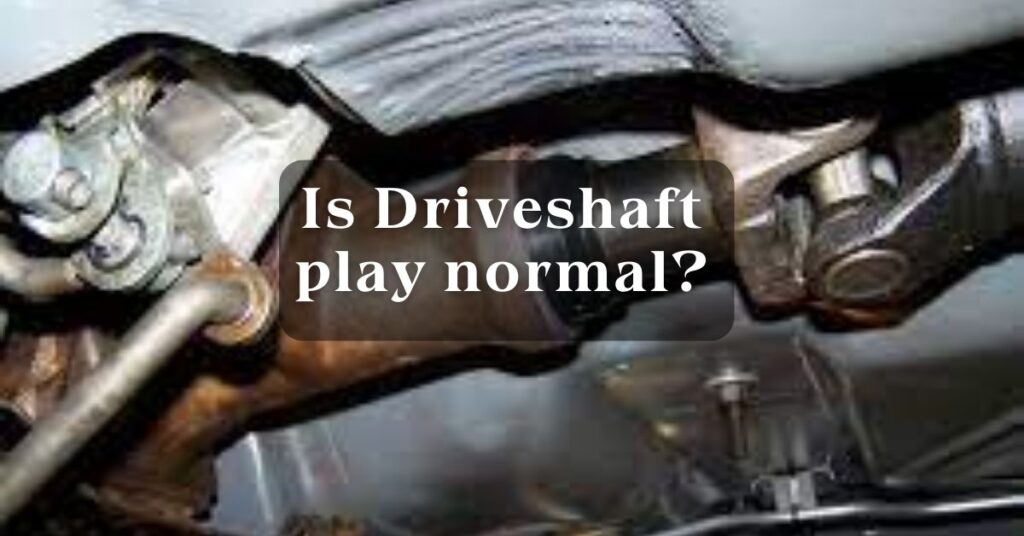Have you recently taken classes on how to drive a car and now decided to buy your car? WOW! Thats great. But it’s not an easy task to decide on the right car with specific Engine requirements. I can understand your problem.
But if you are on my article it means that one of your choices is to buy a 1.6-engine car. If you’re unsure whether a 1.6 engine is right for you or if you have other questions in your mind, such as…
- What does engine size mean?
- Is A 1.6 Engine Good For First Car?
- What size engine is recommended for a first car?
- Is a 1.6 too much?
- Is a 1.6 engine good?
You don’t need to worry my charm, if you want to make a balance between performance and efficiency then a 1.6 Engine is Good For the First Car. You can easily cover short distances in your city and motorway tours by using a 1.6 Engine.
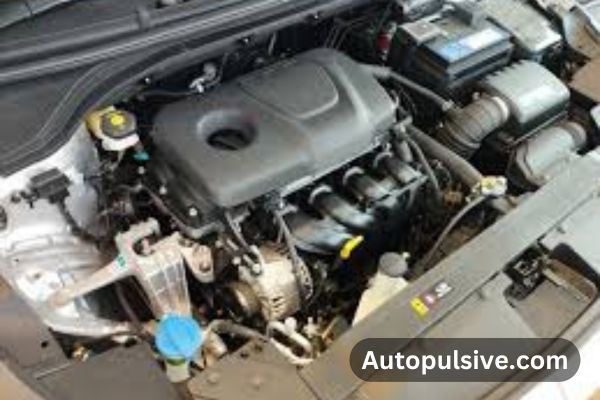
Let’s discuss the suitable engine size according to your needs, car performance, and fuel efficiency. I will also discuss the advantages and disadvantages of using the 1.6 engine. And at last, you will be able to decide which car you have to buy.
Understanding Engine Sizes for First-Time Car Buyers:( Skip This if You Know Already)
Before going deep into the 1.6 engine specifications, understanding the basics of Engine Size is necessary. Engine size, often referred to as displacement, represents the total volume of all cylinders in an engine.
It’s commonly measured in liters (L) or cubic centimeters (cc). In general, a larger engine size indicates more power and torque potential, but it can also result in higher fuel consumption and associated costs.
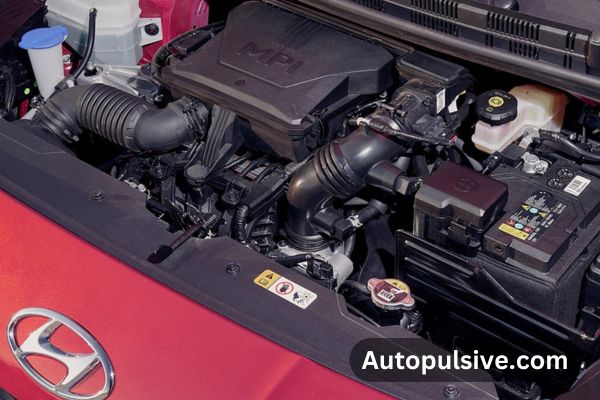
What Factors Should Be Consider for First-Time Car Owners:
Here are some factors that you should consider before buying any car. They also help you to decide if a 1.6 engine is good for your first car or not.
1. Fuel Efficiency:
Smaller engines generally offer excellent fuel efficiency, especially in city driving conditions where lower displacement engines can operate more efficiently. While the larger engines consume more fuel.
As we discuss above the 1.6 engine is best to maintain the balance between performance and fuel efficiency. When comparing fuel efficiency across different engine sizes, it’s essential to consider your driving needs, preferences, and the specific vehicle model to make better decisions.
2. Insurance Premiums:
It’s obvious that A big engine like a V8 or V12 has high Insurance rates. On the other hand, small engines such as 1.2 or 1.4 engines have low insurance premiums. So, it depends on your budget and preference.
There is very little difference in cost between the 1.4 engine and the 1.6. So, it’s my suggestion not to go toward 1.4 instead of 1.6 for your first car only because of insurance costs.
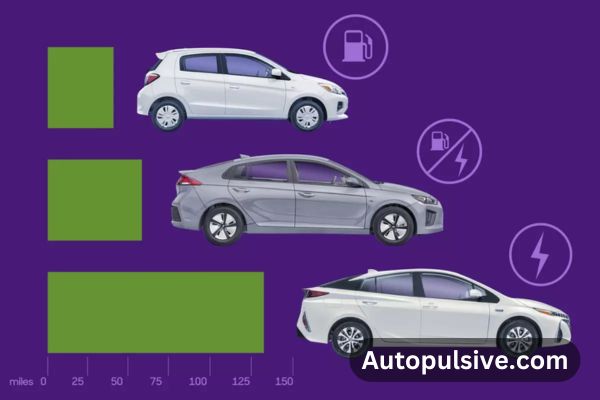
3. Driving Conditions:
Heavy or big engines are mostly good for Long trips or you can say motorway driving. Likewise, the small engines are more comfortable for short distances within a city. And your favorite 1.6 engine is preferable for those who usually cover short distances and sometimes plan long trips as well.
4. Repairing and Maintenance Cost:
All is not about the one-time investment in buying a car. But it always needs to be repaired and maintained for lifetime. The cost of maintenance of small engines (1.2-1.4) is low. But high-power engines (>2) are expensive somewhere.
But if your choice is a 1.6 engine then you also don’t have to worry about repair and maintenance costs. As 1.6 engines are mostly found in many car models their parts are easily available in marketing at affordable prices.
What Are the Advantages of a 1.6 Engine for First Cars?
Before going to make the confirmed decision you should have to overview the pros and cons of a 1.6 engine for your first car.
- 1.6 engines don’t compromise on power and fuel efficiency and provide a balance between them.
- 1.6 engine consume less fuel as compared to other large engines, saving on gasoline costs.
- As a 1.6 engine is perceived as lower risk you can find a suitable car with lower insurance.
- Parts and servicing are readily available and relatively affordable.
- 1.6 engine produces lower carbon emissions compared to larger engines. So, it contributes to a smaller environmental footprint.
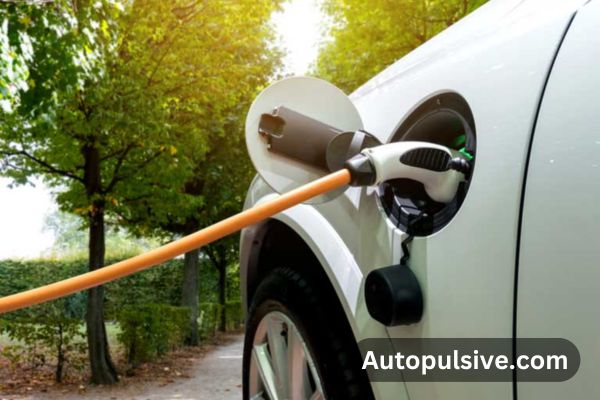
What Are the Potential Drawbacks of A 1.6-Engine For Your First Car?
- It may feel underpowered in certain situations, such as quick acceleration or towing.
- Some drivers may find the driving experience less engaging compared to vehicles with larger engines.
- poor secondary balance and packaging constraints of 1.6 engine, potentially resulting in increased vibrations and limited space efficiency within the vehicle.
What Are Some Affordable Cars With 1.6-Liter Engines?
Now it’s time to decide on a suitable car with a 1.6-liter engine that covers your all preferences. You can check the prices on Parkers of new as well as used cars.
| No. | Make & Model | Model | Mileage | Fuel |
| 1 | Peugeot 2008 (2013-2019) | 1.6 e-HDi Active | 72,237 | Diesel |
| 2 | BMW 1-Series Hatchback (2011-2019) | 116i SE | 37,345 | Petrol |
| 3 | Volkswagen Golf Hatchback (2013-2020) | S 1.6 TDI BMT 115PS (03/17 on) | 34,000 | Diesel |
| 4 | Renault Captur (2020 on) | 1.6 E-TECH Hybrid 145 Engineered | 2,500 | Petrol/Electric Hybrid |
| 5 | Mercedes-Benz GLA-Class (2014-2020) | GLA 180 AMG Line Edition 7G-DCT auto | 63,010 | Petrol |
| 6 | Skoda Superb Hatchback (2008-2015) | 1.6 TDI CR S GreenLine II | 65,609 | Diesel |
| 7 | Nissan Juke SUV (2010-2019) | 1.6 Tekna (Start Stop) | 84,743 | Petrol |
| 8 | Audi A1 Sportback (2012-2018) | 1.6 TDI S Line | 73,838 | Diesel |
| 9 | Ford Focus Hatchback (2005-2011) | 1.6 Zetec S | 134,441 | Petrol |
| 10 | Hyundai Kona SUV (2017-2023) | Premium Hybrid 1.6 141PS DCT auto | 24,299 | Petrol/Electric Hybrid |
Conclusion:
Choosing the right engine size for your first car is a decision that warrants careful consideration. While a 1.6 engine offers a balance of power, fuel efficiency, and affordability, it’s essential to weigh its pros and cons against your specific needs and preferences.
Whether you go with a 1.6 engine or something else, here’s to a first-car journey filled with excitement, safety, and unforgettable memories ahead!
Also Read:
- Can You Put A V8 Engine In A V6 Car? 7-Step Easy Process
- Can You Spray Your Engine Bay With Water? Best Guide to Prevent Damage
- How Do You Inflate A Car Tire With A Bike Pump? A Practical Guide in 5 Easy Steps
- How Long Will A Whining Differential Last? Understanding Of Its Lifespan, Factors, Impacts, And Maintenance
- Is A 1.6 Engine Good For First Car? Make A Best Decision
- Why Does My Car Tire Lose 5 PSI in a Week? - 4 November 2024
- How Do You Inflate A Car Tire With A Bike Pump? A Practical Guide in 5 Easy Steps - 30 October 2024
- Why do my RC car’s tires wear out so fast? Tips to Maintain Performance Over Time - 18 October 2024

